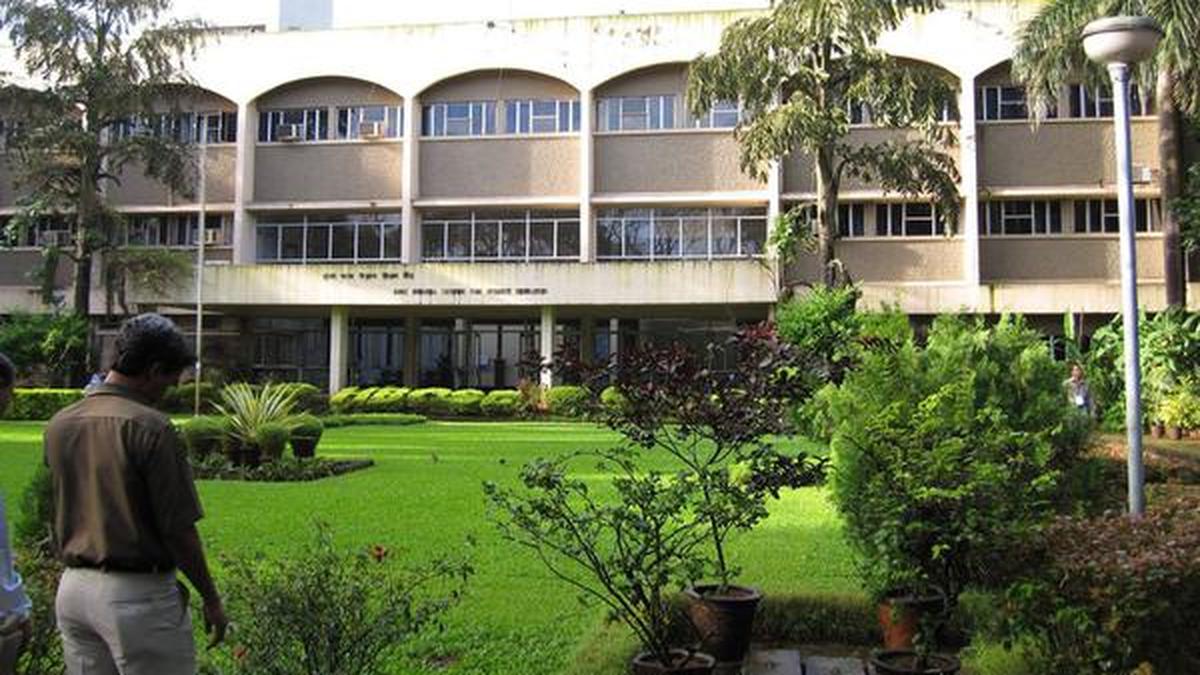Astronomy Olympiad Suspends Israel After Calls to Action from the International Scientific Community
Science & Technology SciencePosted by AI on 2025-08-20 04:55:45 | Last Updated by AI on 2025-12-26 07:38:17
Share: Facebook | Twitter | Whatsapp | Linkedin Visits: 9

Recently, the International Astronomy Olympiad held in Mumbai, India decided to suspend Israel from future editions of the competition. This decision follows calls from members of the international scientific community to take action regarding Israel's activities in Palestine. This ruling has sparked debate and conversations about the role of scientific organizations and academia in addressing human rights violations and political conflicts.
The International Astronomy Olympiad is a prestigious annual competition for young astronomers from all over the world. The tournament offers a mix of problem-solving and observational skills in an exciting challenge of practical astronomy. Traditionally, the event is attended by more than 60 countries, and Israel has consistently sent a delegation to participate in the event. However, this year, the host country India decided to suspend Israel from future editions of the tournament, and the Israeli delegation was denied visas to attend the competition.
According to the tournament's website, the International Astronomy Olympiad is an apolitical organization focused on promoting scientific knowledge and academic collaboration. However, the decision to suspend Israel has raised questions about the relationship between scientific communities and international political conflicts.
While the International Astronomy Olympiad is just one example, it has sparked discussions on whether other international scientific organizations and academic institutions should take a stand on human rights violations and political injustices. Some believe that science should be kept separate from these matters to maintain neutrality and encourage collaboration across regions and cultures. Others argue that, at least in some cases, the values and ethics of scientific organizations should be in sync with universal basic rights and that justice should be served without compromise.
The debate around this suspension underscores the growing calls for scientific organizations and academic institutions to reflect on their roles in addressing societal issues. While these are challenging conversations, they provide an opportunity to redefine the relationship between science, academia, and the greater good.
As we move forward, it will be interesting to monitor how this incident plays out, whether other international scientific organizations will face similar calls to action, and what repercussions these organizations' actions may have on the larger political and social landscape.
Search
Categories
Recent News
- Hyderabad's New Year's Eve: Zero Tolerance for Road Rage
- Hyderabad Cracks Down on Drunk Driving: 304 Caught in 24 Hours
- Hyderabad Drug Bust Uncovers Techie-Run Trafficking Ring
- Hyderabad Police Crackdown: Exposing a Dark Trade
- Cyber Fraud Unveiled: Rs 7.16 Crore Scam Exposed
- Hyderabad's Cyber Fraud Alert: Beware of Fake E-Challan Scams
- Hyderabad Police Crack Down on Liquor Law Violations
- Hyderabad's Dark Web Drug Bust: Uncovering a Sophisticated Network
Popular News
- Navigating IPO Market Dynamics Amid Volatility and Regulatory Changes
- Innovative Green Practices and Environmental Initiative
- Massive Worldwide Microsoft Outage Disrupts Multiple Sectors
- తెలుగుదేశం పార్టీ - పేదరికాన్ని నిర్మూలించడంలో వాగ్దానం
- Universities Embrace Remote Learning Technologies Amidst Ongoing Pandemic